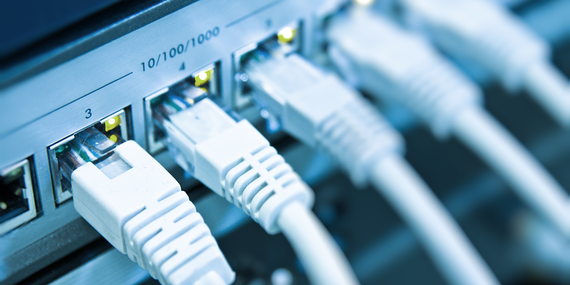News in cooperation with eceee.org
Ignoring resilience benefits limits growth of energy efficiency programs
(ACEEE blog, 5 Mar 2024) Energy retrofits make buildings more resilient in the face of extreme weather. But many efficiency programs do not consider these benefits in determining whether programs are cost effective, resulting in fewer upgrades and continued vulnerability to future climate events.
Building retrofit measures—such as insulation and air sealing, daylighting, and installing efficient windows—don’t just reduce energy costs. They can improve the capacity of a building to retain livable conditions for longer periods during extreme temperatures, hurricanes, and wildfires, making buildings more resilient to disasters.
Improving building energy efficiency enhances resilience—the ability of buildings, the grid, and communities to withstand and rapidly recover from power outages and maintain operations. It can support grid reliability by lowering power demand and balancing the power demand and supply when electric systems are under stress to reduce the risk of grid overload and disruptions. In an outage, improved energy resilience of buildings also supports more orderly restoration of services, giving utilities time to prioritize where to restore first and in the most cost-efficient manner.
A new ACEEE report finds that although there are many resilience benefits from energy efficiency retrofits, these benefits are undervalued or missing from program cost-benefit evaluations and selection processes.
External link
![]() ACEEE blog, 5 Mar 2024: Ignoring resilience benefits limits growth of energy efficiency programs
ACEEE blog, 5 Mar 2024: Ignoring resilience benefits limits growth of energy efficiency programs





